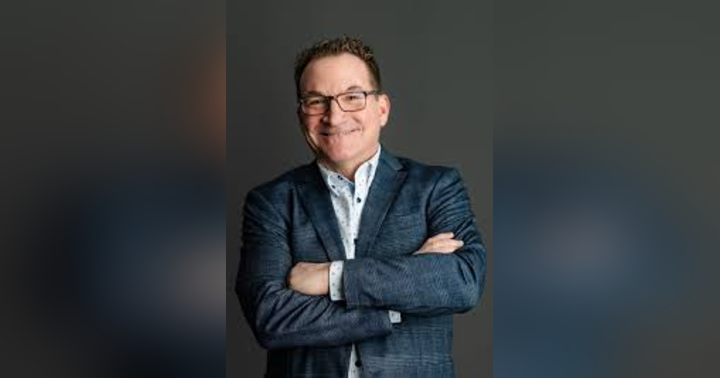"Having Nothing, Possessing Everything": A Conversation with Rev. Michael Mather about Finding Abundant Communities in Unexpected Places

Finding Belonging and Animation in Ministry: Lessons from Mike Mather on “To Be and Do”
In the latest bonus episode of the “To Be and Do” podcast, host Philip Amerson invites listeners into a deeply reflective conversation with Rev. Michael Mather, pastor of First United Methodist Church in Boulder, Colorado, . The episode centers on reimagining what genuine ministry and community in the church could look like—challenging assumptions, dismantling paternalism, and celebrating relationships. Drawing from Mike’s decades of experience serving diverse parishes, the discussion offers both practical insights and moving stories that speak to the heart of Christian service today.
Here are three key takeaways from this powerful episode:
1. Move From “Ministry To” Towards “Ministry With”
A central theme in the conversation is the call for churches to rethink their approach to serving others. All too often, faith communities inadvertently act from a place of “paternalism”—helping others as clients or problems to fix, rather than as peers and partners. Mike shares how shifting the church’s role from doing acts “to” people towards doing acts “with” people transforms both the givers and receivers. This simple word change, as Phil Amerson notes, goes deeper: it means moving from seeing people as needy strangers to recognizing them as gifted, unique individuals. Asking not just “What do you need?” but “What do you love? What are your dreams? What can you teach others?” leads to authentic relationships where everyone’s dignity is honored.
2. Celebrate Gifts, Not Just Needs
Mike tells the story of how at his church’s food pantry, they stopped asking about income or deficits and started inquiring about gifts, talents, and life experiences. This new practice led to unexpected connections. For instance, Adele, a woman who simply came for food, turned out to be a magnificent cook, which led to a thriving catering gig and her own restaurant. By asking questions like “What are three things you do well enough to teach others?” and “What three things would you like to learn?” the church learned that there is so much more to each neighbor than their struggles. This shift led not only to community empowerment but also to richer, more vibrant church life.
3. Embrace Failure and Let Ministries Change
The episode doesn’t shy away from the reality that some programs and initiatives simply run their course, or even fail. Mike emphasizes the importance of not clinging to what is no longer working, but instead recognizing when it’s time to “bury the dead” and celebrate the efforts. At Broadway Church, rather than viewing closed ministries as defeats, they publicly acknowledged and celebrated their impact before moving on. This healthy approach to endings frees the church to keep experimenting, learning, and growing—because “not enough failure” means not enough risk or innovation.
Final Reflection
This episode is a refreshing reminder that church isn’t merely an institution, but a living, evolving community built on relationships. As Mike reminds us, the real magic happens when we genuinely listen to each other’s stories, honor everyone’s gifts, and aren’t afraid to try, fail, and try again. In a world quick to label and separate, the gentle, persistent question—What do you love?—may offer one of the most radical acts of hospitality and hope.
Listen to the episode for more inspiring stories and practical wisdom on growing ministries of courage, humility, and true belonging.








